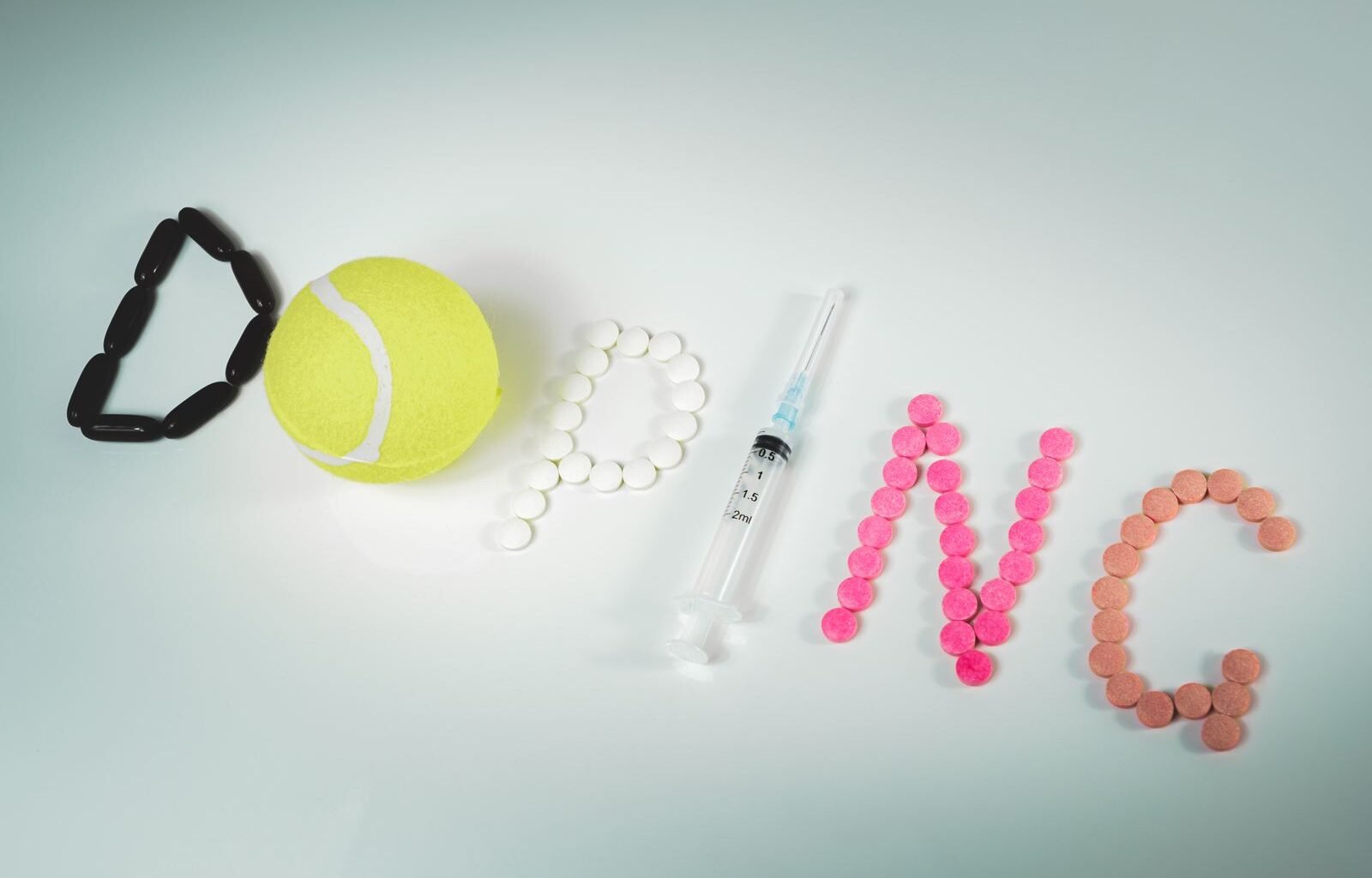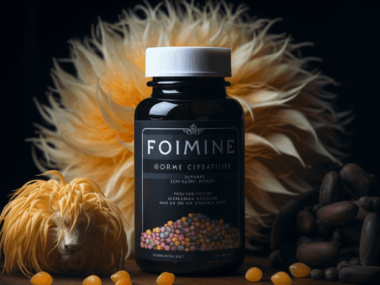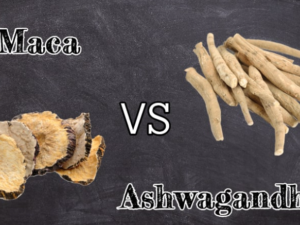While nootropics are not on the NCAA’s list of banned substances, there are some nootropics that contain banned substances. For example, some nootropics may contain stimulants like caffeine or amphetamines,adderall which are banned by the NCAA. Additionally, some nootropics may contain ingredients that are not listed on the label, which can put athletes at risk of inadvertently taking a banned substance.
The use of performance-enhancing drugs has been a longstanding issue in sports. In the world of college athletics, the National Collegiate Athletic Association (NCAA) is tasked with upholding strict rules and regulations to ensure fair play amongst athletes. One substance that has recently gained attention for its potential cognitive benefits is nootropics. But are these so-called “smart drugs” banned by the NCAA? In this article, we’ll unpack the truth behind nootropics and their status within collegiate sports to determine whether or not they pose a threat to athletic integrity.
The Science Behind Nootropics: What Are They and How Do They Work?
Nootropics, also known as smart drugs, are a group of substances that claim to enhance cognitive function. The term “nootropic” was coined by Dr. Corneliu E. Giurgea in the 1970s and is derived from the Greek words “noos,” meaning mind, and “tropos,” meaning turning or direction.Nootropics work through various mechanisms in the brain, including increasing blood flow to certain areas, promoting neurotransmitter synthesis or release, and enhancing neuroplasticity. Some key ingredients found in many nootropics include caffeine, L-theanine (an amino acid found in green tea), creatine (an amino acid involved in energy production), and racetams (a class of compounds that promote cognitive function).
While some studies have shown potential benefits of using nootropics for improving memory recall, attention span, and mental clarity, others suggest that these claims may be overblown or unsupported by scientific evidence. Whether or not they pose a threat to athletic integrity remains a topic of debate within the NCAA community – but as with any supplement or drug usage among athletes, it’s essential to prioritize safety first when considering their use.
The NCAA’s Stance on Performance-Enhancing Substances: What’s Banned and What’s Not?
The NCAA takes performance-enhancing substances very seriously and has strict guidelines in place to combat their use. The organization’s stance defines a banned substance as any drug or substance that meets at least two of the following criteria: it has the potential to enhance athletic performance, it poses a health risk to athletes, or it violates the spirit of sport.
This ban includes anabolic steroids, stimulants, beta blockers, and other mood-altering drugs.However, not everything falls under this restrictive umbrella – some medications are allowed with proper documentation from a physician. Additionally, substances like caffeine and creatine are permitted in limited amounts.
Supplements can be tricky territory for athletes who want to keep within the rules; if they contain banned substances but aren’t listed on official lists of prohibited items, players could unknowingly take advantage of so-called “loopholes”. As such, collegiate athletes must navigate regulations carefully when making decisions about supplements and medication use –in sum– ensuring that they remain safe competitors while maintaining both their integrity and eligibility under NCAA guidelines.
The Grey Area of Nootropics: Are They Considered Performance-Enhancing Drugs?
The use of nootropics, commonly referred to as “smart drugs,” has become increasingly popular among college students and athletes. These substances are believed to enhance cognitive function, including memory, focus, and creativity. While dietary supplement nootropics are not explicitly NCAA banned or any other athletic organization, their use raises questions about fairness and competitive advantage.Many argue that nootropics provide an unfair advantage to those who use them in competition. Unlike traditional performance-enhancing drugs like steroids or blood boosters that primarily affect physical performance, nootropics are thought to impact mental abilities that could give athletes an edge in sports where quick decision-making is crucial.
However, others contend that the line between what is considered a legal supplement and what constitutes doping is blurred when it comes to nootropics. The lack of clear regulations makes it challenging for organizations such as the NCAA to enforce strict rules against their usage.
In conclusion, while no definitive stance on whether or not nootropics should be considered performance enhancers has been taken yet by many sporting bodies such as NCCA one can argue both points of view sufficiently well enough urging caution towards its widespread usage without proper scientific research . It would take concrete evidence linking these supplements with serious risks either proving its usability benefitting players’ performances on the field for wider acceptance globally possibly resulting in standardized regulations similar to existing prescription drug policies within elite sports programs.
The Effects of Nootropics on Cognitive Function: Are They Really Worth the Risk?
The use of nootropics has become widespread, as people seek to benefit from their supposed cognitive enhancements. Nootropics are often touted as being safe and effective ways to improve memory, creativity, focus, and motivation. However, these claims have been met with skepticism by many experts who point out that there is a lack of research regarding their efficacy.Furthermore, the risks associated with using nootropics are not well understood. Side effects such as headaches, insomnia, anxiety and digestive problems have been reported by some users. Additionally, the long-term effects of frequent or prolonged use of these substances on brain function are not known.
The NCAA takes a strict stance on performance-enhancing drugs in order to maintain fairness amongst athletes but currently does not specifically ban the use of nootropics. Despite this fact, it should be noted that using any sort of substance for an unfair advantage goes against the spirit and principles which underpin collegiate sports competitions. Ultimately whether or not the potential benefits outweighs potential risks depends on individual goals and personal circumstances but requires serious consideration before usage commences .
The Controversy Surrounding Nootropics in Collegiate Athletics: Arguments For and Against Their Use
The use of nootropics, or “smart drugs”, has become a topic of controversy in collegiate athletics with arguments both for and against their use. Those in favor argue that nootropics can provide cognitive benefits such as improved focus and memory retention, giving athletes an edge on the competition. Supporters also point to the fact that many college students are already using these substances for academic purposes without any negative side effects.However, opponents claim that the use of nootropics is not only illegal but also unethical. They contend that these substances give certain players an unfair advantage in athletic competitions, compromising the integrity of sportsmanship. Moreover, there is little scientific research regarding the long-term effects and safety of using nootropics in sport performance making it risky for athletes who are constantly striving to achieve peak-performance levels.
If you are a college athlete and are considering using nootropics, it is important to be aware of the risks. While there are many nootropics that are safe and effective, there are also many products on the market that are not regulated and may contain harmful ingredients. Before taking any nootropic supplement, be sure to do your research and consult with a healthcare professional.
It is also important to note that the NCAA can still penalize athletes for using nootropics even if they are not specifically banned. The NCAA has a clause that allows them to penalize athletes for using any substance that is not approved by the FDA or has not been thoroughly tested for safety.
Ultimately, while opinions may differ when it comes to using nootropics in collegiate athletics, one thing remains clear: Their legality within NCAA rules is still under debate; meaning their usage at games is solely determined by coaches’ discretion meanwhile challenging questions about drug ethics will continue creating even more buzz around this controversial issue.
Navigating the Legality of Nootropics: What Athletes Need to Know Before Taking Them
Athletes looking to enhance their cognitive function or improve their focus and concentration may be tempted to turn to nootropics, a class of supplements or drugs that are thought to boost brain function. However, navigating the legality of these substances can be difficult. The NCAA has been cracking down on performance-enhancing drugs for years in an effort to create fair competition between athletes.There is currently no official ban on nootropics by the NCAA, but many individual schools have implemented policies prohibiting their use. Additionally, some ingredients found in nootropic supplements may still fall under banned substances lists maintained by organizations like WADA (World Anti-Doping Agency). Athletes who take these supplements could unknowingly ingest banned substances and find themselves facing serious consequences.
It’s important for athletes considering using nootropics to thoroughly research both the ingredients within the supplement as well as the rules and regulations surrounding its use within athletics. Ultimately, taking any substance that enhances athletic performance without proper medical supervision could put an athlete’s career at risk.
FAQ
Is Creatine Banned in NCAA?
Creatine itself is not actually banned by the NCAA, but certain forms of creatine supplements are prohibited. This is because some forms of creatine supplements are thought to provide a performance-enhancing effect, such as increased muscle strength and power.
While there is some evidence to support these claims, the benefits of creatine supplementation are still a matter of debate among researchers. Additionally, there are potential risks and side effects associated with the use of creatine supplements, such as dehydration, cramping, and kidney damage.
To maintain a level playing field and protect the health of student-athletes, the NCAA has chosen to prohibit certain forms of creatine supplements. Student-athletes who are considering using creatine supplements should be aware of these restrictions and consult with their healthcare provider before beginning any supplementation regimen.
Conclusion: The Final Verdict on Nootropics in NCAA Athletics
In conclusion, while the use of nootropics by NCAA athletes is not explicitly banned, it is still a gray area in terms of rules and regulations. The NCAA prohibits the use of any substance that can enhance performance or pose health risks to athletes. Nootropics have been found to improve cognitive function and memory retention but do not necessarily provide physical enhancements. However, some argue that improved focus and mental clarity could give an advantage to athletes during competition.
Overall, until more concrete evidence on the effects of nootropics emerges, their use remains controversial within collegiate athletics. It’s important for athletes to prioritize their health and well-being over any potential benefits from taking these substances. Until further clarification comes from the NCAA or scientific community about whether nootropics are safe for athletic competition, student-athletes should be cautious when considering using them as part of their training regimen. In essence, maintaining integrity in sports goes beyond winning at all costs; it involves respecting rules and regulations laid out by governing bodies like the NCAA while preserving fairness among athletes on both sides of the playing field.








